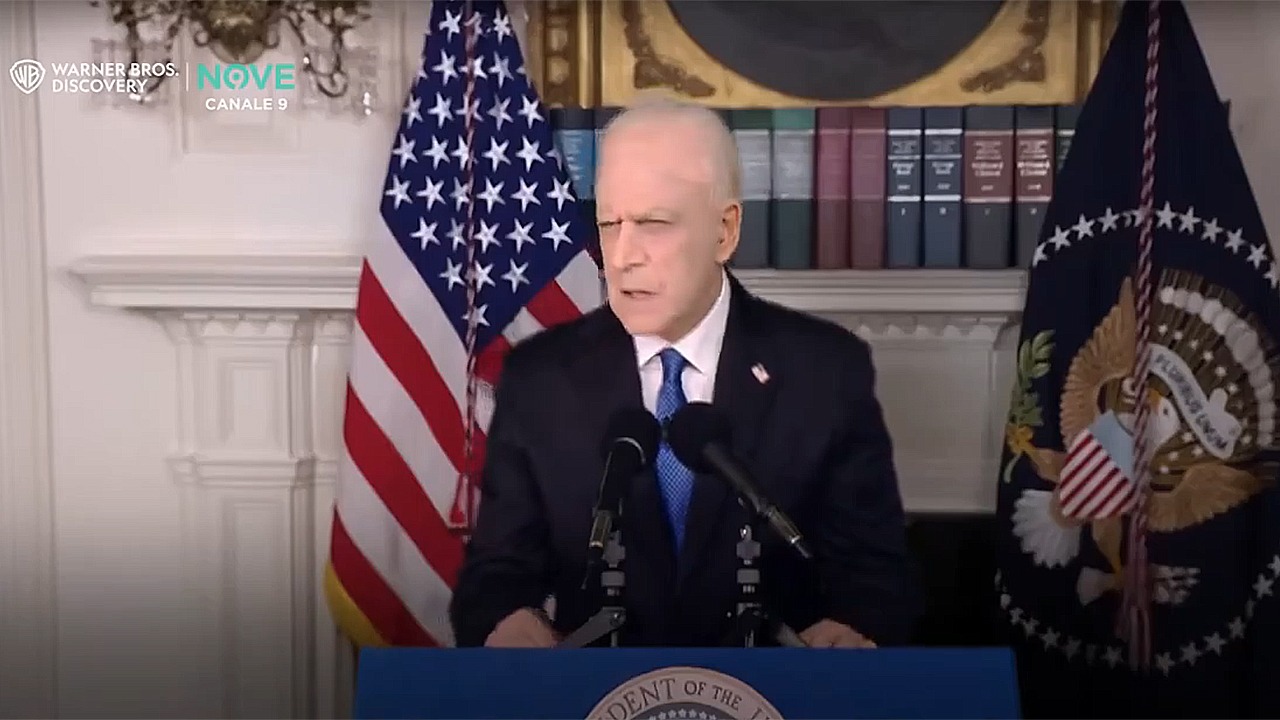The decline of empathy in contemporary society is a profound phenomenon that warrants rigorous analysis. Empathy—the capacity to understand and share the feelings of others—has often been heralded as a cornerstone of human interaction and social cohesion. Yet, in an era dominated by rapid technological advancements, social media proliferation, and pervasive materialism, the essence of empathy seems to be waning. This exploration delves into the Bahá’í teachings as a guiding light to illuminate the implications of this decline and offers a transformative perspective rooted in spirituality and community.
To begin, one must consider the intrinsic nature of empathy as it relates to human interconnectedness. Empathy binds individuals, cultivating a sense of belonging and mutual responsibility. However, modernization has introduced a paradox. While technological innovations purportedly facilitate global connectivity, they often exacerbate feelings of isolation and disconnection among individuals. The Bahá’í teachings emphasize the importance of unity; when empathy diminishes, society’s fabric frays, leading to fragmentation and discord.
A deeper exploration reveals that modernity’s consequences extend beyond individual relationships. The societal focus on individualism fosters a culture wherein self-interest often eclipses collective well-being. The Bahá’í Faith advocates for a balanced approach where personal aspirations are harmoniously aligned with the interests of society at large. This perspective engenders a holistic understanding of humanity, transcending mere transactional interactions. By cultivating deeper empathy, individuals can recognize the intrinsic worth of others, thereby fostering a culture of cooperation and altruism.
Among the various factors eroding empathy, the role of social media merits particular attention. While these platforms enable instantaneous communication, they often strip human interactions of emotional depth and nuanced understanding. The rapid exchange of ideas in digital domains can engender superficial engagement, whereby individuals may curate their online personas without genuine reflection. This superficiality detracts from the rich tapestry of human experience, as it diminishes opportunities for vulnerability—the bedrock of empathetic exchange.
Moreover, the Bahá’í teachings underscore the concept of equality and the elimination of prejudice. Empathy flourishes in environments where individuals are able to see beyond the superficial divisions of race, gender, and nationality. However, modernity often perpetuates stereotypes and fosters divisiveness. As societal structures become increasingly complex, it becomes imperative to actively dismantle barriers that inhibit empathetic understanding. By embodying the principle of equality espoused by Bahá’í teachings, individuals can strive to appreciate diverse perspectives, thereby enriching their own emotional and intellectual lives.
The decline of empathy is also mirrored in the emergence of a culture of competition, especially in professional spheres. The relentless pursuit of individual success can foster a mindset that prioritizes personal accolades over collaborative endeavors. In stark contrast, Bahá’í teachings advocate for a spirit of cooperation, emphasizing that true accomplishment is intertwined with contributing to the greater good. This shift in perspective encourages individuals to cultivate empathy, recognizing that collective success ultimately enhances personal fulfillment.
Furthermore, the challenge of cultivating empathy in a world increasingly characterized by rapid change demands intentionality. Bahá’í teachings posit that spiritual growth requires conscious reflection and active engagement with one’s community. As societal norms evolve, individuals must engage in self-examination to understand their biases and develop empathetic responses. This engagement may manifest as volunteering, community service, or simply deepening connections with others. Such actions reinforce the interconnectedness of humanity and provide fertile ground for empathy to blossom.
In addressing the broader implications of empathy’s decline, the issue of mental health emerges as a crucial focal point. The pervasive feelings of loneliness and alienation often stem from a lack of empathetic connections. Modern societal pressures can stifle emotional expression, leading to increased mental health challenges. The Bahá’í perspective emphasizes the importance of community support as a remedy for such afflictions. Through fostering environments steeped in compassion and understanding, individuals are not only more equipped to navigate their own struggles but are also empowered to uplift others. This mutual support is fundamentally anchored in empathy.
Ultimately, modernity’s consequences on empathy and human relationships serve as a call to action. The Bahá’í teachings present a framework that encourages a reinvigoration of empathetic practices, advocating for discernment in how one engages with the world. It implores individuals to recognize their role in fostering a more empathic society, acknowledging that the revival of empathy is essential in advancing peace and unity.
Thus, as humanity grapples with the complexities arising from modernity, a collective awakening to the importance of empathy becomes imperative. By stepping into each other’s worlds and embracing the transformative potential of understanding, individuals can transcend the isolation fostered by contemporary life. In doing so, they not only enhance their own lives but contribute to the holistic advancement of society at large. The teachings of the Bahá’í Faith offer invaluable insights into this endeavor, calling on humanity to reconnect with its intrinsic empathetic nature and explore the profound potentials that arise from shared emotional experiences.
